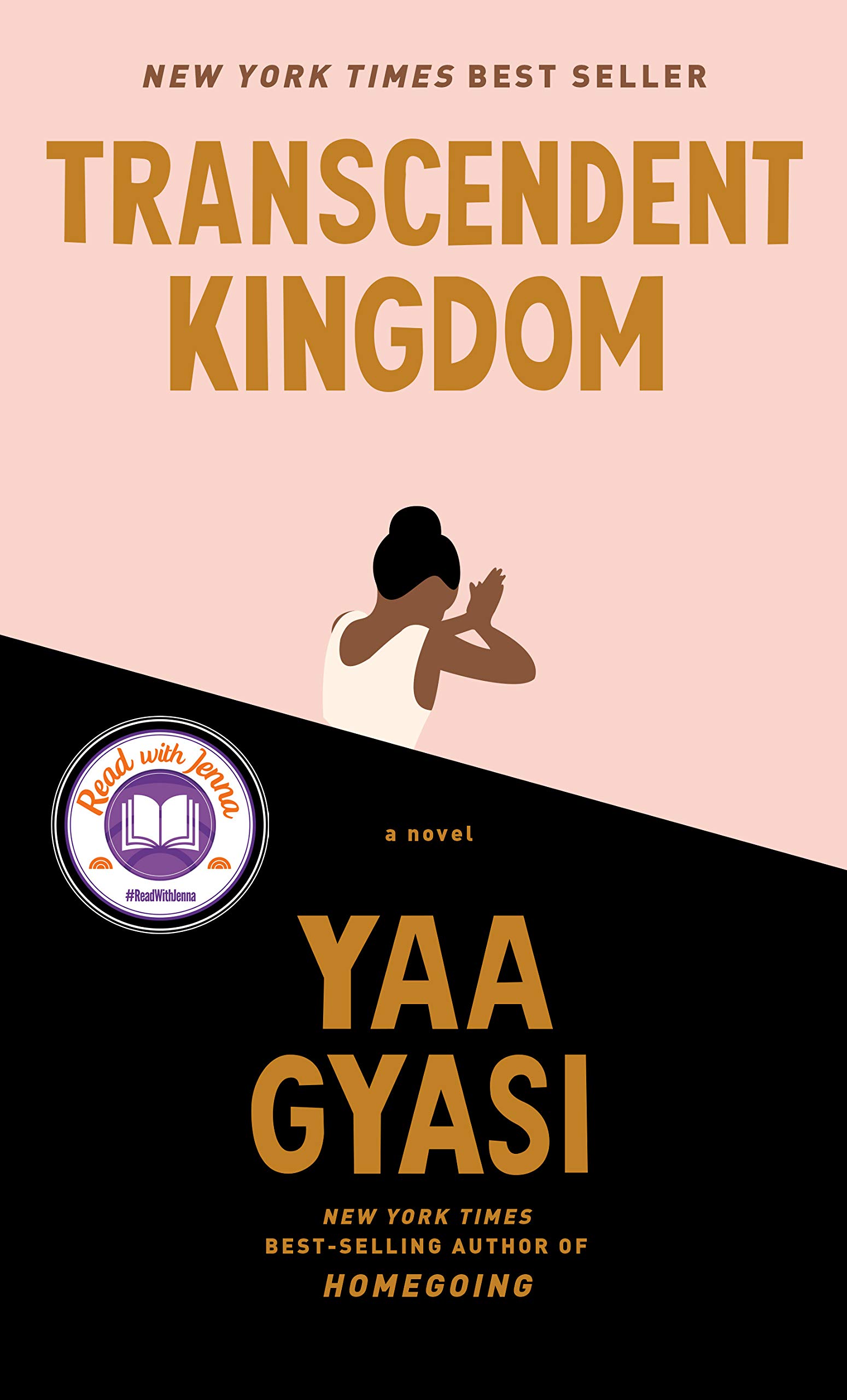
The University of Wisconsin-Madison selected Yaa Gyasi’s Transcendent Kingdom as this year’s Go Big Read book. We invited members of the University community to share their thoughts about the book. This review by Unifier Dyer is the third of 4 reviews that will be published weekly. Read the first one here and the second one here.
“Look, a crazy person,” she said in Twi. “Do you see? A crazy person”
***
This is the opening dialogue in Yaa Gyasi’s novel Transcendent Kingdom. This second novel follows Homegoing, a historical text with a multiplicity of voices that span eight generations and two continents, African and North America. It traces the (dis)connections in the lives of two sisters with divergent paths, one in Ghana and the other on the slave plantations of America. Still operating between geographies, Gyasi writes Transcendent Kingdom from the perspective of twenty-eight-year-old Gifty, born in Alabama to Ghanaian parents. Unlike Homegoing which connects a plethora of characters, Transcendent Kingdom centers the singular voice of Gifty, whose life begins in a family of four but dwindles thorough absence and traumatic loss to three, then two and finally one, herself.
We meet Gifty standing in the middle of Kejetia market, where her aunt points out a madman against the backdrop of Gifty’s thoughts on her bedridden mother in Alabama. Gifty’s mother “colonized that bed like a virus.” Like Jesmyn Ward writing on personal tragedy, the protagonist’s mother suffers a “grief [that] bloomed as depression.” Gifty moves between Christian teaching and scientific inquiry/methodology in her struggle for frameworks to language her grief and loss. As such, this novel illustrates the strains of race, immigration, mental health, belonging, and addiction on a mother-daughter relationship. The Twi expression for mad person in the opening quote inscribes a glimpse of an alternative language, a worldview through which Gifty can articulate the pain of her brother Nana’s passing and mother’s depression. But Gifty’s connection to Twi perspective, space and language is short lived, leaving her incapable of fully embodying grief.
Gifty’s neuroscience research at Stanford study’s lab mice to answer the question: can addictive behaviors be curbed? Her quest for answers is compounded by her desire to “do the hardest thing” in the face of a racialized world that makes her hate herself yet expects no less than perfection from her. Gifty’s turn to science is catalyzed and confounded by her relationship to Christian religion. Religion, however, gives her no satisfactory explanations about why her brother had to die or how to reconcile the idea of “loving thy neighbor” with a self she is taught to despise much like the children from the “African village” her Sunday school teacher insists are consigned to eternal damnation. With science and religion unable to satisfy Gifty’s quest for self-knowledge or comfort from grief, the narrative grapples with what alternatives exist for her beyond this binary.
Through Gifty’s perspective we can only partially see a world expansive enough to accommodate possibilities that don’t neatly fit into science or religion. We partially glimpse it when Gifty compares the scientific study of schizophrenia against personal accounts by people from Ghana and India who hear the multiplicity of voices as benevolent. Touch is another instance of expansiveness linked to the body, exemplified when Gifty’s mother takes comfort in the reassuring presence of a ghost who keeps her company during her first months in Alabama. We see it in the hands that reach out to Gifty when she is saved at church, and later the touch Gifty’s mother gives the lab mice and which Gifty tries to extend to her ailing mother in bed. But even this somatic language can sometimes be contradictory; her mother warns that touch will kill the bird Gifty and Nana try to rescue. Like the language for self-expression and articulation of grief, these episodes are brief, wavering, and inaccessible, and remind us more of absences than comfort, meaning, or community.
Transcendent Kingdom is an unsettling novel that asks a central question about the uncertainties of a mother-daughter relationship, “are we going to be okay?” It both provokes and reveals the limits inherent within the asking. How can we hold the capacity of a young woman to know herself and mourn in an unstable world? Whereas the novel begins by pointing to the possibility of a language of articulation and goes on to illustrate the limitations of normative orders of meaning, it leaves the reader anything but resolved, with Gifty sitting in the closing moments alone on a pew shrouded in silence and light.


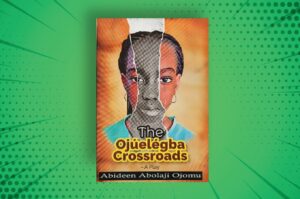

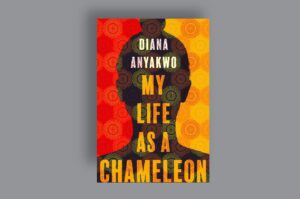

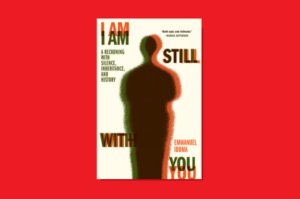
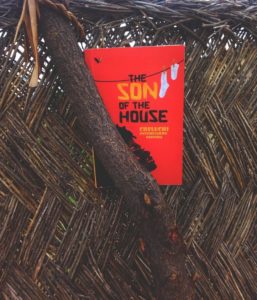

COMMENTS -
Reader Interactions